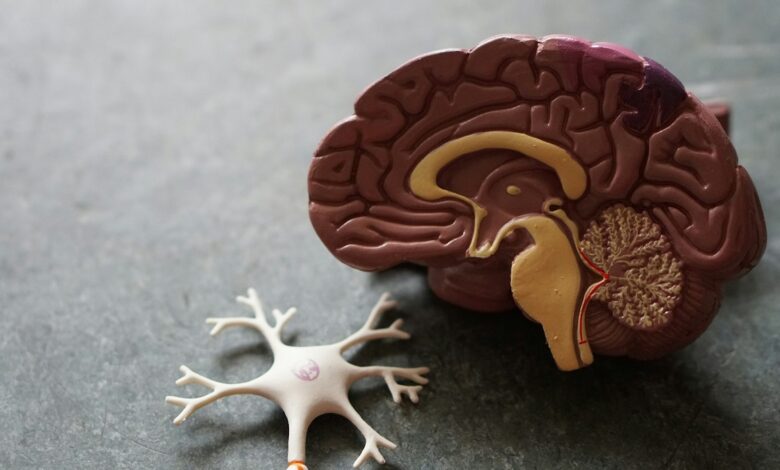Living with Neurological Challenges: Tips for Daily Life

Living with brain problems like Parkinson’s, multiple sclerosis, epilepsy, or dementia can be hard. But with the right help and strategies, you can manage these challenges and improve your life. This article shares easy tips to handle daily tasks more easily and feel more confident. Let’s explore how you can make living with neurological conditions simpler and more enjoyable.
Staying Organized
Keeping things organized can make a big difference, especially if you have trouble with memory or concentration. Therefore we give you some simple tips to help you stay organized:
l Use planners and calendars to write down appointments, medication times, and daily tasks.
l Set reminders on your phone for appointments and when to take your medicine.
l Break big tasks into smaller ones and do them one by one. This is usually much easier.
l Stick to a routine every day to stay on track.
l Keep important things like medicine, glasses, and keys in the same spot so you can find them easily.
Dealing with Movement Disorders
Movement disorders like Parkinson’s disease can make moving around and doing daily activities harder. Keep reading to see how you can deal with everyday activities if you have a movement disorder:
l Exercise regularly: Walking, swimming, or yoga can make you stronger and steadier.
l Furthermore, try physical therapy: It teaches exercises to move better and feel less stiff.
l Use tools: Canes or walkers keep you steady and prevent falls.
l Additionally, get to know more about some advanced methods. For example, deep brain stimulation has been efficient in treating movement disorders.
l Last but not least, make your home safer: Add grab bars, and non-slip mats, and remove things you could trip on.
These tips can help you handle movement disorders like Parkinson’s disease and make daily life safer and easier.
Managing Fatigue
Fatigue is a common issue for many people with neurological conditions and can make it hard to get through the day. Let´s give some more details on how to handle fatigue:
l Don´t ignore what your body says: Your energy levels will drop and this is a time to take a rest.
l Plan activities wisely: Do important tasks when you have the most energy. Take breaks to rest in between activities.
l Delegate tasks: Ask for help from family and friends to conserve your energy.
l Moreover, get good sleep: Establish a regular sleep schedule and create a calm bedtime routine. Additionally, avoid caffeine and heavy meals before bed to help you sleep better.
Nutrition and Hydration
Eating well and drinking enough water is very important for your health, especially if you have a neurological condition. Here are some easy tips:
l First, eat a balanced diet: Include lots of fruits, vegetables, whole grains, lean proteins, and healthy fats to keep your brain healthy.
l Next, stay hydrated: Drink water throughout the day to stay hydrated. Not drinking enough water can make your symptoms worse.
l Additionally, limit sugary and caffeinated drinks: Try to drink less soda, energy drinks, coffee, and tea.
l Finally, talk to a dietitian: If you’re not sure what to eat, ask a dietitian or nutritionist. They can give you advice that’s right for you.
Emotional Support
Living with a neurological condition can be tough and may cause feelings of frustration, anxiety, or depression. Here are some simple ways to get emotional support:
l Join support groups: Connect with others who have similar experiences through support groups or online communities. This can bring comfort and understanding.
l Additionally, seek therapy or counseling: Talking to a therapist or counselor can help you cope with your feelings and improve your mental health.
l Talk to family and friends: Share your needs with your loved ones. They can be your haven in stressful times.
l Lastly, practice relaxation techniques: Try deep breathing, meditation, or mindfulness to manage stress and feel more resilient.
Living with neurological challenges means being flexible and thoughtful in your daily life. When you have this kind of condition, you can’t afford to take care of yourself. Remember, by staying organized, staying active, managing your fatigue, eating well, and seeking emotional support, you can improve your quality of life. Especially as a senior. Thus, you can make daily routines easier. Bear in mind that everyone’s experience is different, but these tips can help you feel better. Don´t forget to always talk to your healthcare providers to get advice that fits your needs and helps you the most.
Apart from that, if you are interested to know about Side Effects of Chemotherapy then visit our Health category.


